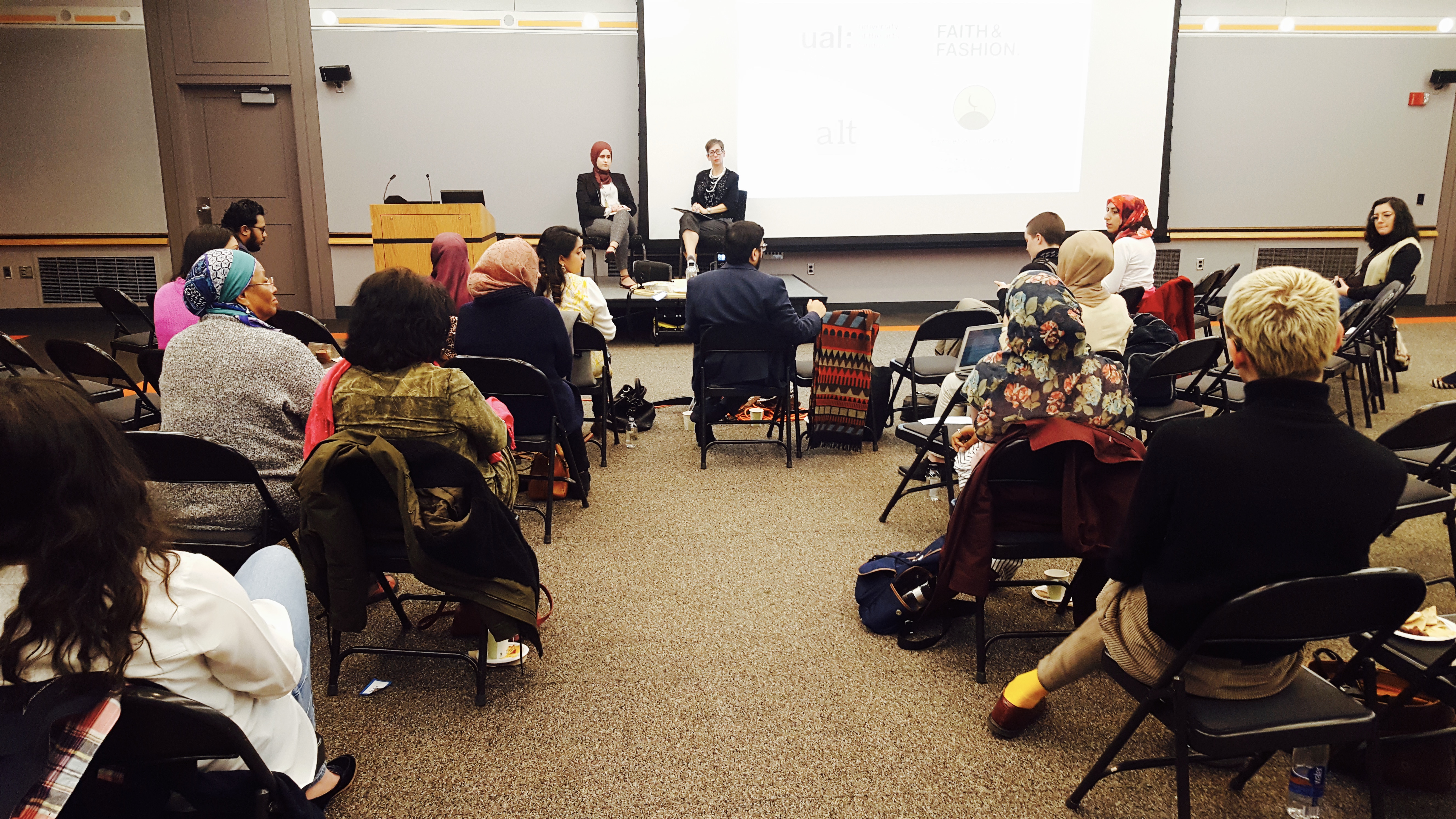When Teaching Children About Religion, Focus on Spirituality
Asma T. Uddin
Asma T. Uddin is founder and editor in chief of Altmuslimah, an online magazine. She is also legal counsel at The Becket Fund for Religious Liberty and a legal fellow at the Institute for Social Policy and Understanding.
UPDATED JANUARY 9, 2013, 8:27 AM
“Mom, who is that man?” Zaynab, my 5-year-old daughter asks, inevitably both fascinated and a bit frightened every time we’re at a stoplight and a beggar approaches our car.
“That man has no home or food. He wants us to help him.”
The beggar at the street corner comes up often in my conversations with Zaynab. He plays a central role in our conversations about generosity, gratitude and obedience to God. Every time she complains about not having enough, I have her recall those — like the homeless — who have far less. “Allah doesn’t like it when you don’t finish your food. Not everyone has food, as you know. Those who do must appreciate it and not waste it.”
When rituals are prioritized over spirituality, religion can become restrictive rather than liberating.
The reference doesn’t always succeed in quelling her demands, but it does force her to pause and ponder. As do the angels who sit on her right and left shoulder, hastily jotting down everything good and bad she does, and the omnipresence of God. The more we’ve talked about them, the more hyper-aware my daughter has become about the consequences of her actions. There is a deeper side to her that has been cultivated by our conversations about faith.
Unfortunately, when rituals are prioritized over spirituality at this tender young age, religion can become restrictive rather than liberating. Many young girls want to wear the headscarf because they find it beautiful or comfortable or because they want to mimic their mothers. But in some cases, parents are convinced that Islamic modesty has to be ingrained in their child as early as 3 or 4 years old — and the best way to do it is to make them wear a headscarf even while they are still hanging from monkey bars.
“Instead of helping them cultivate healthy relationships with the opposite sex, such strict standards of modesty, and gender segregation among young people, leave them confused about sexuality and, at worst, lead them to rebel and break boundaries.
I believe strongly that religion is a tremendous tool for raising morally upright and civically responsible children. That said, for children to reap the true benefits of faith, the focus must be on substance rather than formalism.
When it comes to the more subtle effects of adhering to dogma, the responsibility lies with the parents. They should not be afraid to marry their personal convictions with their religious beliefs. They should not be afraid to be spiritual with their children.




















